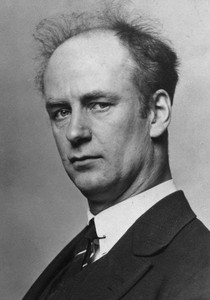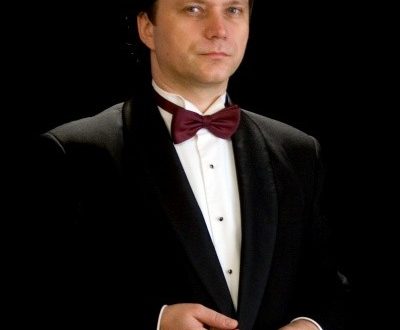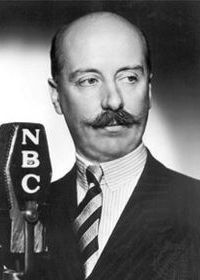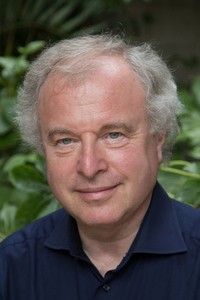
Wilhelm Furtwängler |
Wilhelm Furtwangler

Wilhelm Furtwängler should rightly be named one of the first among the luminaries of the conductor’s art of the 20th century. With his death, an artist of great scale left the musical world, an artist whose goal throughout his life was to affirm the beauty and nobility of classical art.
Furtwängler’s artistic career developed extremely rapidly. The son of a famous Berlin archaeologist, he studied in Munich under the guidance of the best teachers, among whom was the famous conductor F. Motl. Having started his activity in small towns, Furtwängler in 1915 received an invitation to the responsible post of head of the opera house in Mannheim. Five years later, he is already conducting symphony concerts of the Berlin State Opera, and two years later he replaces A. Nikisch as the head of the Berlin Philharmonic Orchestra, with which his future work is closely connected. At the same time, he becomes a permanent conductor of another oldest orchestra in Germany – the Leipzig “Gewandhaus”. From that moment on, his intensive and fruitful activity flourished. In 1928, the German capital awarded him the honorary title of “city music director” in recognition of his outstanding services to the national culture.
Furtwängler’s fame spread all over the world, ahead of his tours in European countries and on the American continent. During these years, his name becomes known in our country. In 1929, Zhizn iskusstva published the correspondence of the Russian conductor N. A. Malko from Berlin, which noted that “in Germany and Austria, Wilhelm Furtwängler is the most beloved conductor.” Here is how Malko described the manner of the artist: “Outwardly, Furtwängler is devoid of signs of a“ prima donna ”. Simple movements of the pacing right hand, diligently avoiding the bar line, as an external interference with the internal flow of music. The extraordinary expressiveness of the left, which does not leave anything without attention, where there is at least a hint of expressiveness … “
Furtwängler was an artist of inspirational impulse and deep intellect. Technique was not a fetish for him: a simple and original manner of conducting always allowed him to reveal the main idea of the performed composition, not forgetting the finest details; it served as a means of captivating, sometimes even ecstatic transmission of interpreted music, a means capable of making musicians and listeners empathize with the conductor. Careful adherence to the score never turned into punctuality for him: each new performance became a genuine act of creation. Humanistic ideas inspired his own compositions – three symphonies, a piano concerto, chamber ensembles, written in the spirit of fidelity to classical traditions.
Furtwängler entered the history of musical art as an unsurpassed interpreter of the great works of German classics. Few could compare with him in the depth and breathtaking power of translating the symphonic works of Beethoven, Brahms, Bruckner, the operas of Mozart and Wagner. In the face of Furtwangler, they found a sensitive interpreter of the works of Tchaikovsky, Smetana, Debussy. He played much and willingly modern music, at the same time he resolutely rejected modernism. In his literary works, collected in the books “Conversations about Music”, “Musician and the Public”, “Testament”, in many of the conductor’s letters now published, we are presented with the image of an ardent champion of the high ideals of realistic art.
Furtwängler is a deeply national musician. In the difficult times of Hitlerism, remaining in Germany, he continued to defend his principles, did not compromise with the stranglers of culture. Back in 1934, defying Goebbels’ ban, he included the works of Mendelssohn and Hindemith in his programs. Subsequently, he was forced to give up all posts, to reduce the number of speeches to a minimum.
Only in 1947 Furtwängler again led the Berlin Philharmonic Orchestra. The American authorities forbade the group to perform in the democratic sector of the city, but the talent of a wonderful conductor belonged and will belong to the entire German people. The obituary, published after the death of the artist by the Ministry of Culture of the GDR, says: “The merit of Wilhelm Furtweigler lies primarily in the fact that he discovered and spread the great humanistic values of music, defended them with great passion in his compositions. In the person of Wilhelm Furtwängler, Germany was united. It contained all of Germany. He contributed to the integrity and indivisibility of our national existence.”
L. Grigoriev, J. Platek





